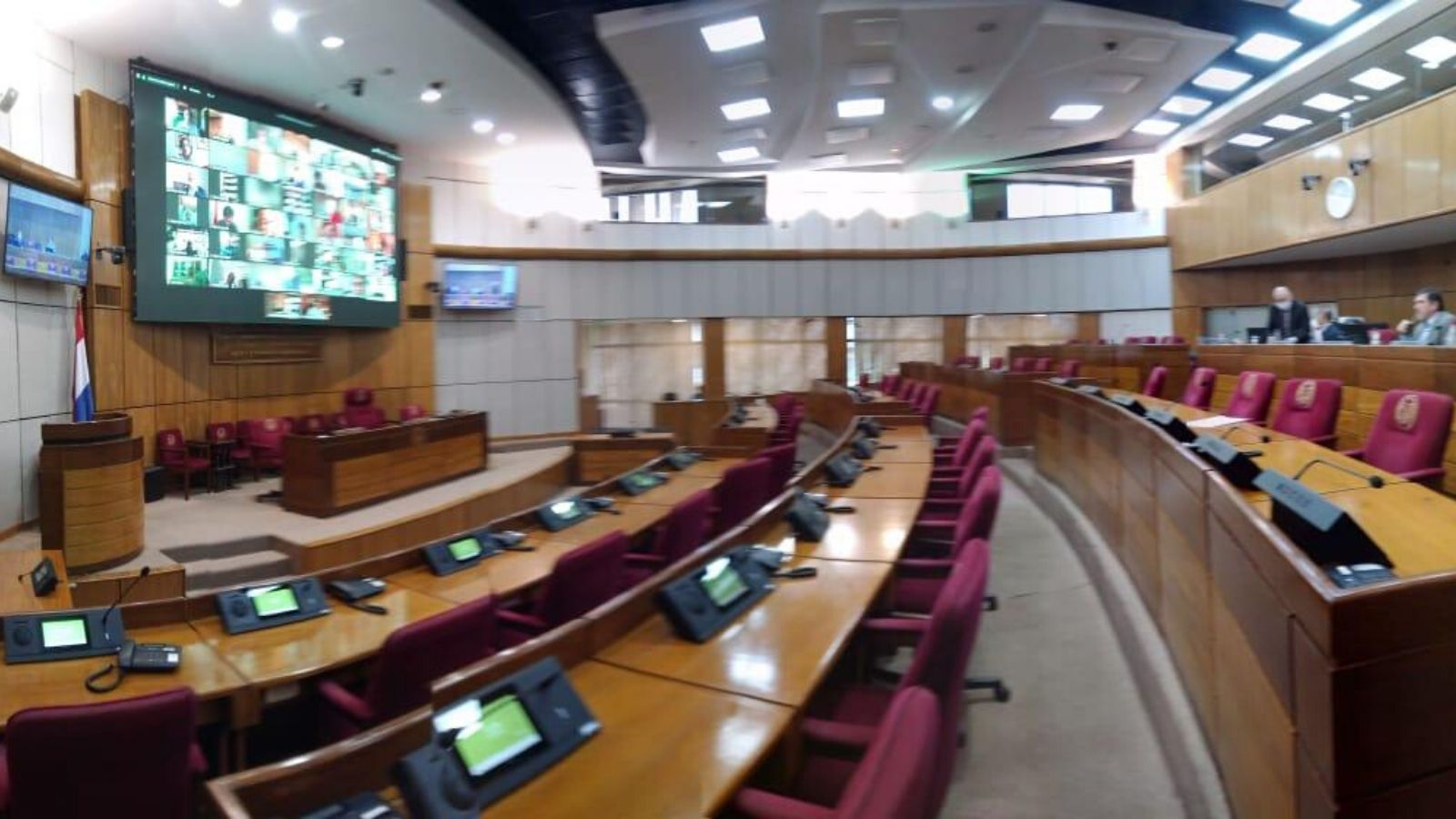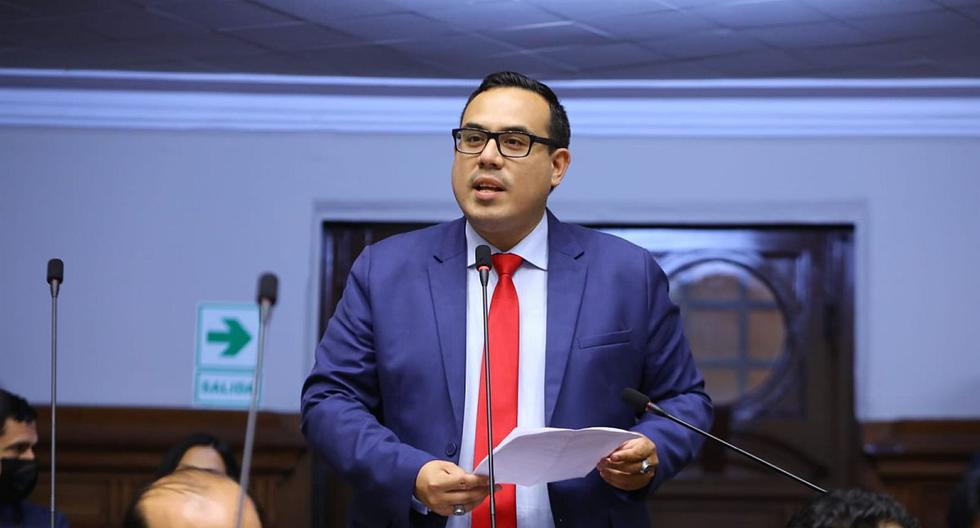One of the chapters that demands a real review is the reform of the judiciary. From the transparent way of electing their ministers, to the way of spending money, but above all of managing justice correctly and not this rude, unfair and unfair way that we suffer.
The Center for Judicial Studies (CEJ) has established some criteria from civil society and has called on the political class at the time to prioritize actions aimed at a profound reform of the Judiciary, which is not limited to the simple change of men and women in their positions.
They have been raising debates where, for example, in this case they proposed priority issues on the public agenda to initiate judicial reform in the country, based on a strategic approach based on institutionality.
One solution could be, with all the candidates for the presidency, to include a document that commits to a “Social Pact for comprehensive reform, including the other powers.” This requires the collaboration of the different sectors of Paraguayan society, to carry out the renewal of the composition and operation of the SUPREME COURT OF JUSTICE that includes the following steps:
1- Staggered political trial, as a constitutional and democratic mechanism where individual responsibilities confirm or remove the members of the Supreme Court of Justice.
The performance of the Supreme Court of Justice in cases in which its political intent has been evident has further aggravated the distrust and social disrepute of the administration of justice. This is an obstacle to the development of the democratic system and deprives society of an essential instrument for building social peace, such as a respectful Judiciary. Consequently, that credibility must be renewed. We propose a staggered method so that the personal responsibilities of some magistrates are not diluted and so that the axis of the debate is not diverted, which must be centered on the clear and precise obligations of an impartial and independent judge, not subject to the rulers of the day.
2-Separation of Jurisdictional and Administrative functions.
Many Supreme Court justices spend more time on administrative matters than on case study. In addition, this generates cronyism, nepotism and prevents the professionalization of court administration, opening the door to those who seek the favor of the Court rather than the efficient performance of their tasks.
3-Reduction of powers of the Supreme Court of Justice.
A Supreme Court is needed to deal with truly important cases, those in which constitutional interpretations are at stake and have institutional gravity. A Supreme Court of Justice that is not congested or delegates the most important work to rapporteurs, where the magistrates truly deliberate as a collegiate body.
4-Develop a National Plan for Comprehensive Reform of the Administration of Justice.
Said plan must contain a global and concerted proposal to reform the judicial system, to the point of being able to propose legal and even constitutional reforms. This National Comprehensive Reform Plan must contain short-, medium-, and long-term proposals on action guidelines for the Judiciary and the Judicial Council.
















